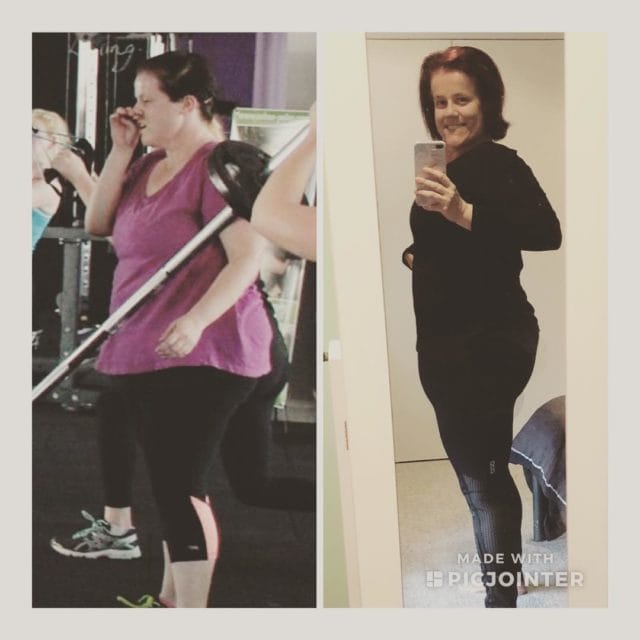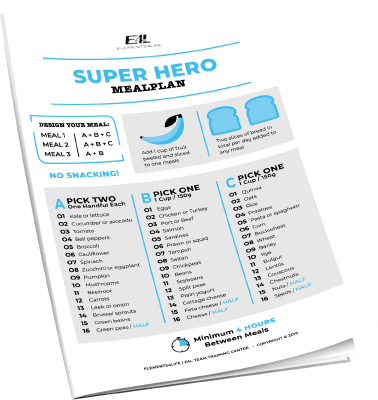Mindful Nutrition:
Mindful nutrition, often referred to as mindful eating, is a practice that involves paying close attention to what, when, why, and how you eat. It’s about being fully present and conscious during your meals, with the aim of improving your relationship with food, making healthier choices, and enhancing your overall well-being. Here are the key principles and components of mindful nutrition:
Present-Moment Awareness: Mindful nutrition encourages you to be fully present in the moment while eating. This means you focus on the sensory experience of your food, including its taste, texture, and aroma.
Non-Judgment: Mindful eating promotes a non-judgmental attitude towards your food choices. It encourages you to observe your eating habits without criticism or guilt.
Listening to Your Body: It involves tuning into your body’s hunger and fullness cues. You eat when you’re hungry and stop when you’re satisfied, rather than consuming food out of habit or emotion.
Emotional Awareness: Mindful eating also encourages awareness of emotional triggers for eating. It helps you differentiate between physical hunger and emotional cravings.
Savoring Food: You’re encouraged to savor and enjoy your food, sipping and chewing slowly to fully appreciate the flavors and textures. This can lead to greater satisfaction from your meals.
Eating with Intention: Before eating, you may take a moment to set an intention for your meal. This could involve thinking about the nutritional value of your food or the role it plays in nourishing your body.
Portion Control: Mindful nutrition encourages you to be mindful of portion sizes, helping you avoid overeating.
Reducing Distractions: Avoiding distractions such as television, smartphones, or work during meals is a key component. This allows you to focus solely on your food.
Regular Exercise:
Regular exercise refers to a consistent and structured physical activity routine that you incorporate into your daily or weekly schedule. The term “regular” implies that you engage in exercise on a frequent and ongoing basis, rather than sporadically or intermittently. Regular exercise is essential for maintaining and improving your physical fitness, overall health, and well-being.
Here are some key components of regular exercise:
Frequency: Regular exercise involves working out on a regular schedule, such as several times per week or daily. The exact frequency may vary based on your goals, fitness level, and the type of exercise you choose.
Consistency: Consistency is a fundamental aspect of regular exercise. It means sticking to your exercise routine over an extended period, as opposed to short-term or occasional efforts.
Structured Routine: Regular exercise often includes a structured routine with planned workouts or activities. This routine can include activities like cardio, strength training, flexibility exercises, and more.
Variety: A well-rounded exercise routine often incorporates a variety of exercises to target different aspects of fitness. This might include activities like running, swimming, weightlifting, yoga, and more.
Progression: Over time, as you become more fit, regular exercise may involve progressively increasing the intensity, duration, or complexity of your workouts to continue challenging your body and making improvements.
Health Benefits: Regular exercise is associated with numerous health benefits, such as improved cardiovascular health, weight management, increased strength and endurance, enhanced flexibility, and a reduced risk of chronic diseases like heart disease and diabetes.
Emotional Well-Being: Exercise is not only about physical health but also emotional well-being. Regular exercise can reduce stress, boost mood, improve sleep, and increase overall mental well-being.
Goals and Objectives: Regular exercise can be tailored to meet specific fitness or health goals, whether it’s weight loss, muscle gain, improved flexibility, or enhanced athletic performance.
Find Your Fit:
Discover an exercise routine that suits your lifestyle. Whether it’s brisk walks, yoga, or intense gym workouts, regular physical activity positively impacts both your body and mood.
Elements4Life has a strong community and a strong industry ethical approach towards programming.
Elements4Life is not your ordinary fitness centre. It’s a holistic, community-focused space that believes in empowering individuals to become the best versions of themselves, both physically and mentally.
This isn’t just about lifting weights or running on a treadmill; it’s about embracing a lifestyle that promotes well-being and overall personal growth.
Why Elements4Life?: At Elements4Life, you won’t find a one-size-fits-all approach. Instead, you’ll discover a fitness philosophy that centres around customisation. Your journey begins with an in-depth assessment of your goals, fitness level, and unique needs. Whether you’re a seasoned athlete or just starting your fitness adventure, Elements4Life has a place for you.
Tailored Fitness Programs: Elements4Life offers a diverse range of fitness programs, from high-intensity workouts to mindful practices like yoga and Pilates. The trainers and coaches are experienced and certified, ensuring that your fitness program is not only effective but also safe.
Community Support: One of the standout features of Elements4Life is its strong sense of community. You’ll find like-minded individuals who are there to support, motivate, and inspire you. The sense of belonging and camaraderie can make all the difference on your fitness journey.
Nutritional Guidance: Fitness isn’t just about exercise; it’s also about nourishing your body. Elements4Life offers expert nutritional guidance, helping you make informed choices about your diet to complement your fitness efforts.
Personal Growth and Mindfulness: Elements4Life recognizes that true well-being extends beyond physical fitness. That’s why they offer mindfulness classes and personal development sessions to help you cultivate a positive mindset and achieve holistic wellness.
Key Takeaways: Elements4Life is a fitness and wellness centre that prioritises personalisation and community support.
They offer diverse fitness programs, including high-intensity workouts, yoga, and Pilates.
The community at Elements4Life is a source of inspiration and motivation.
Nutritional guidance and mindfulness practices are integral to their holistic approach.
Adequate Rest:
Adequate rest refers to getting the appropriate amount of sleep and relaxation your body and mind need to maintain optimal health, well-being, and functioning. The specific amount of rest required can vary from person to person, but it generally involves both nighttime sleep and occasional breaks or relaxation during the day. Adequate rest is crucial for various aspects of your physical and emotional well-being.
Here are some key components and factors to consider when it comes to adequate rest:
Quality Sleep: Quality is as important as quantity when it comes to rest. Adequate rest involves achieving restorative, deep sleep that allows your body to repair and rejuvenate. The recommended amount of sleep varies by age but typically falls between 7-9 hours for adults.
Consistent Sleep Schedule: It’s important to go to bed and wake up at roughly the same times every day, including weekends. A consistent sleep schedule helps regulate your body’s internal clock, making it easier to fall asleep and wake up.
Physical Recovery: Adequate rest also involves allowing your body to recover from physical activities, such as exercise or strenuous work. This may include rest days between workouts or simply taking breaks when needed during physically demanding tasks.
Mental Rest: Rest isn’t limited to sleep; it also encompasses mental relaxation. Taking breaks during the day, practicing relaxation techniques, and engaging in leisure activities that calm the mind are all part of adequate mental rest.
Stress Management: Adequate rest includes strategies to manage stress, such as mindfulness, meditation, and stress-reduction techniques. Reducing stress is essential for both physical and emotional well-being.
Avoiding Overexertion: Adequate rest also means not pushing yourself to the point of exhaustion or overexertion, whether physically or mentally. Knowing your limits and respecting them is vital.
Emotional Well-Being: Rest is essential for emotional well-being. It can help manage mood, reduce irritability, and improve emotional resilience.
Productivity and Cognitive Function: Adequate rest can improve cognitive function and productivity. It helps you think more clearly, make better decisions, and maintain focus.
Individual Variations: The amount of rest needed can vary from person to person. Some individuals may feel rested with 7 hours of sleep, while others may need 9 hours. Pay attention to your body’s signals and find the right balance for you.
Stress Management:
Stress management refers to a range of strategies and techniques that individuals use to cope with and reduce the effects of stress in their lives. Stress is a natural response to challenging situations, but when it becomes chronic or overwhelming, it can have detrimental effects on physical and emotional well-being. Stress management helps individuals develop effective ways to handle and mitigate stressors. Here are some key components and strategies of stress management:
Identifying Stressors: The first step in stress management is recognising the sources of stress in your life. Identifying specific stressors allows you to address them more effectively.
Healthy Coping Mechanisms: Stress management involves replacing unhealthy coping mechanisms (such as overeating, excessive alcohol consumption, or avoidance) with healthier alternatives. Common healthy coping strategies include exercise, mindfulness, and relaxation techniques.
Time Management: Effective time management can reduce stress by helping individuals prioritize tasks and allocate their time more efficiently. This can prevent the feeling of being overwhelmed.
Mindfulness and Meditation: Mindfulness practices, such as meditation and deep breathing, can help individuals stay present in the moment and reduce the impact of stress.
Physical Activity: Regular physical exercise is an effective stress reducer. Exercise triggers the release of endorphins, which are natural mood boosters, and it can help to clear the mind.
Social Support: Building and maintaining a strong social support system is crucial for stress management. Talking to friends, family, or a therapist can provide emotional support and perspective.
Relaxation Techniques: Techniques like progressive muscle relaxation, deep breathing exercises, and guided imagery can help alleviate physical tension and promote relaxation.
Setting Realistic Goals: Unrealistic expectations can be a significant source of stress. Stress management often involves setting achievable goals and breaking larger tasks into smaller, manageable steps.
Hobbies and Leisure Activities: Engaging in hobbies and leisure activities that bring joy can be an effective way to reduce stress. Pursuing creative, enjoyable activities can take your mind off stressors and boost your mood.
Problem Solving: Stress management often includes strategies for problem-solving and decision-making. Addressing the root causes of stress can lead to more lasting relief.
Balanced Lifestyle: A balanced lifestyle with adequate sleep, nutrition, and regular exercise is fundamental for stress management.
Limiting Exposure to Stressors: When possible, individuals may choose to limit their exposure to stressors, such as avoiding situations or people that consistently lead to stress.
Social Connections:
Social connections refer to the relationships, interactions, and bonds you have with other people, whether they are friends, family, acquaintances, or colleagues. These connections play a fundamental role in our lives and have a significant impact on our emotional well-being and overall quality of life. Social connections are essential for various reasons:
Emotional Support: Social connections provide emotional support during times of joy, sadness, and stress. Having people you can turn to for comfort and understanding can help you cope with life’s ups and downs.
Mental Well-Being: Strong social connections are associated with improved mental health. Interacting with others can reduce feelings of loneliness, anxiety, and depression. It can also boost self-esteem and confidence.
Physical Health: Research suggests that social connections have a positive impact on physical health. People with strong social networks tend to live longer and have lower rates of chronic diseases.
Reducing Stress: Engaging in social interactions can help reduce stress. Sharing your feelings and experiences with trusted friends or loved ones can provide relief and emotional release.
Enhancing Quality of Life: Social connections contribute to a sense of belonging and fulfillment. Meaningful relationships can bring joy, purpose, and a sense of connectedness to life.
Support in Times of Need: Social connections are crucial during challenging times. Whether it’s a health crisis, job loss, or personal difficulties, having a network of people who can offer practical assistance and emotional comfort is invaluable.
Learning and Growth: Interacting with diverse individuals can expose you to new perspectives and ideas, promoting personal growth and expanding your knowledge.
Social Activities: Social connections often lead to shared activities and experiences, which can be enjoyable and provide a break from the routine.
Social connections can encompass various types of relationships, from close friendships and family ties to casual acquaintances and professional networks. The quality of these connections matters more than the quantity. Strong, meaningful relationships are more likely to have a positive impact on your well-being.
It’s important to nurture and maintain social connections by engaging in social activities, staying in touch, and being a supportive friend or family member in return. Building and sustaining healthy social connections is a crucial component of emotional well-being and a fulfilling life.
Self-Care Rituals:
Self-care rituals are intentional and personalised practices that individuals engage in to prioritize their physical, mental, and emotional well-being. These rituals are designed to promote self-love, relaxation, and overall wellness. Self-care is a way to set aside time for yourself, away from the demands and stressors of daily life. Self-care rituals can vary widely from person to person, as they are tailored to individual preferences and needs. Here are some common self-care rituals and practices:
Daily Meditation: Taking a few minutes each day to practice meditation can help calm the mind, reduce stress, and enhance mindfulness.
Bathing or Soaking: Enjoying a warm bath, indulgent shower, or a relaxing soak in a bath filled with Epsom salts can be a soothing self-care ritual.
Reading: Curling up with a good book or reading for leisure can provide an escape from everyday worries and promote mental relaxation.
Journaling: Writing in a journal can be a therapeutic way to express your thoughts and feelings, gain clarity, and reduce stress.
Art and Creativity: Engaging in artistic or creative pursuits, such as painting, drawing, or crafting, can be a form of self-expression and a source of joy.
Nature Walks: Spending time in nature, whether it’s a leisurely walk in the park, hiking in the woods, or simply sitting by a body of water, can have a calming and rejuvenating effect.
Yoga or Stretching: Practicing yoga or gentle stretching exercises can promote physical flexibility and relaxation.
Aromatherapy: Using essential oils or scented candles to create a calming atmosphere in your space can enhance relaxation and well-being.
Mindful Breathing: Deep breathing exercises and mindful breathing can help reduce stress and increase focus.
Pampering: Treating yourself to a spa day at home, complete with skincare routines, manicures, or facials, can be a form of self-care.
Music and Dancing: Listening to your favourite music and dancing like no one’s watching can be a fun and energising self-care ritual.
Napping: Sometimes, a short nap can be a rejuvenating way to recharge when you’re feeling tired.
Disconnecting from Technology: Taking a break from screens and digital devices can help reduce stress and promote a sense of presence.
Socialising with Loved Ones: Spending quality time with friends and family members who bring joy and support can be a form of self-care.
Gratitude Practices: Reflecting on the things you’re grateful for and counting your blessings can boost your mood and overall well-being.
The key to effective self-care rituals is to choose practices that resonate with you personally, and to make them a regular part of your routine. By prioritising self-care, you can enhance your emotional and physical well-being, reduce stress, and foster a greater sense of self-love and inner peace.
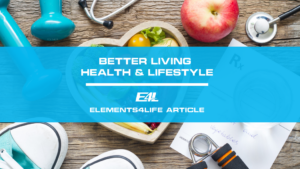


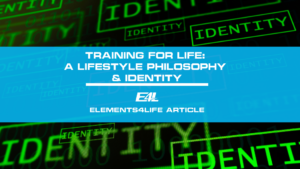


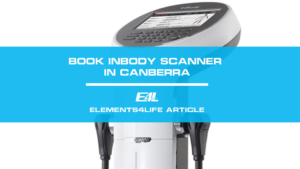

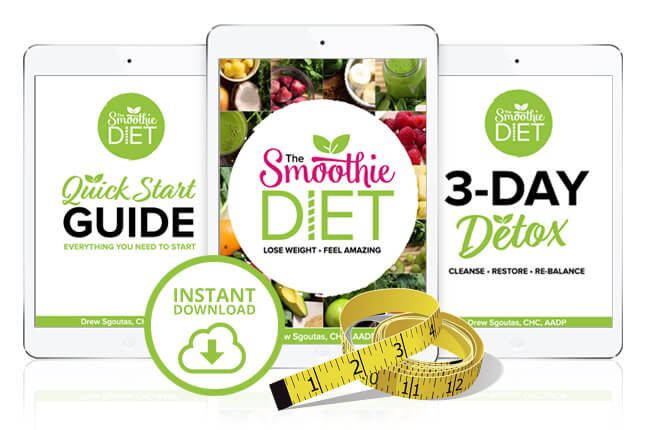
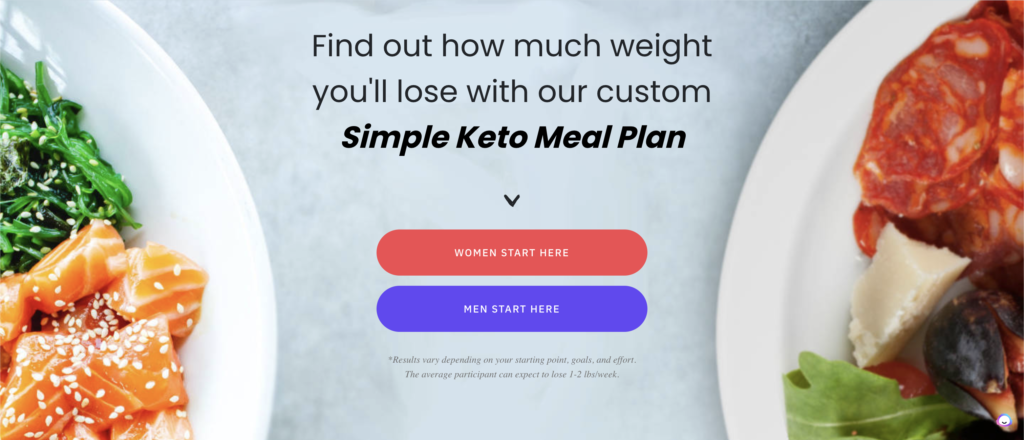

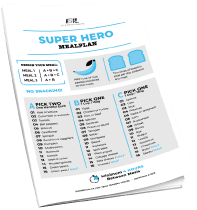







 ‘Service’ defined as ‘the action of helping or doing work for someone’ - the service that Elements 4 Life provides goes beyond this. The coaches are genuine, their approach to training is exciting and progressive, you will be supported and challenged to be the best version of yourself – mind and body. Then there’s the amazing people, our E4L community, this is what makes the gym so unique to all the other gyms I’ve been a member of.
‘Service’ defined as ‘the action of helping or doing work for someone’ - the service that Elements 4 Life provides goes beyond this. The coaches are genuine, their approach to training is exciting and progressive, you will be supported and challenged to be the best version of yourself – mind and body. Then there’s the amazing people, our E4L community, this is what makes the gym so unique to all the other gyms I’ve been a member of. 

